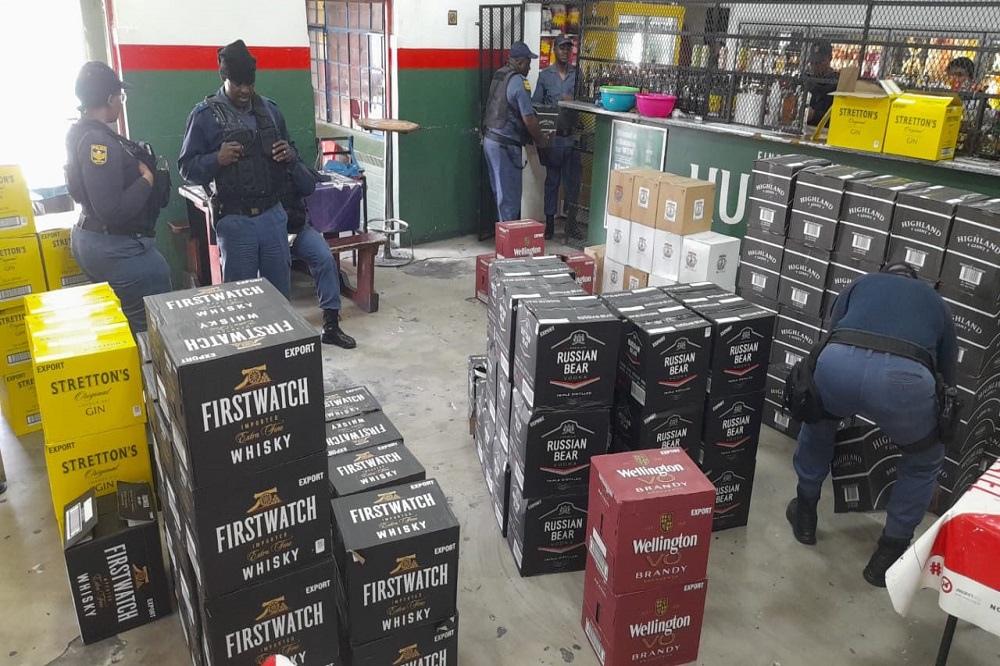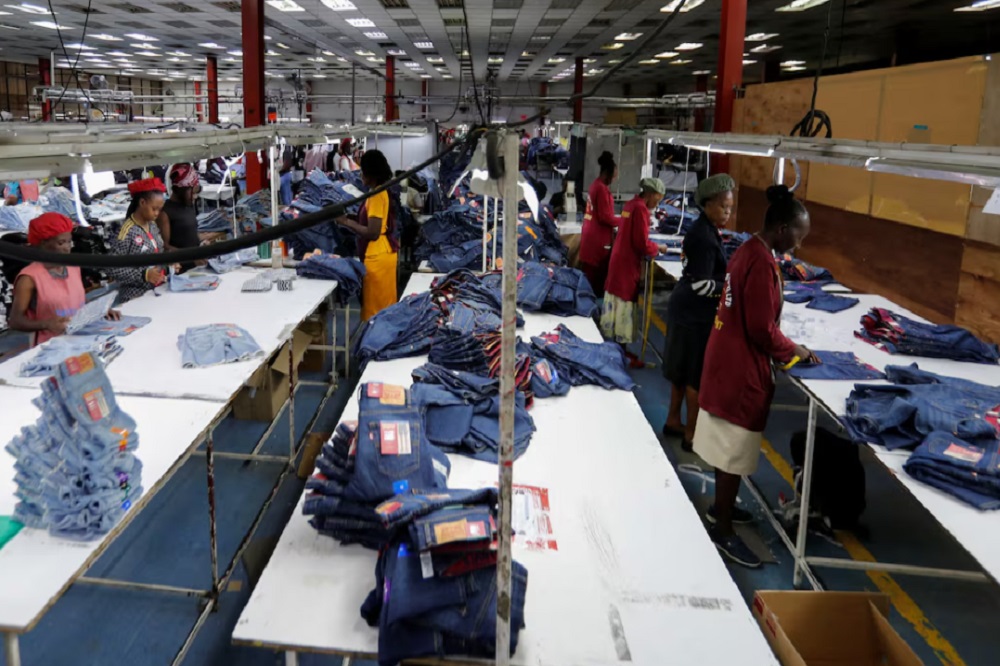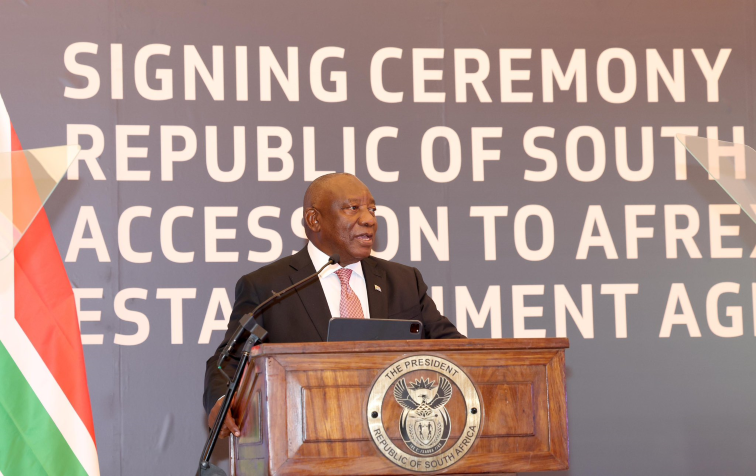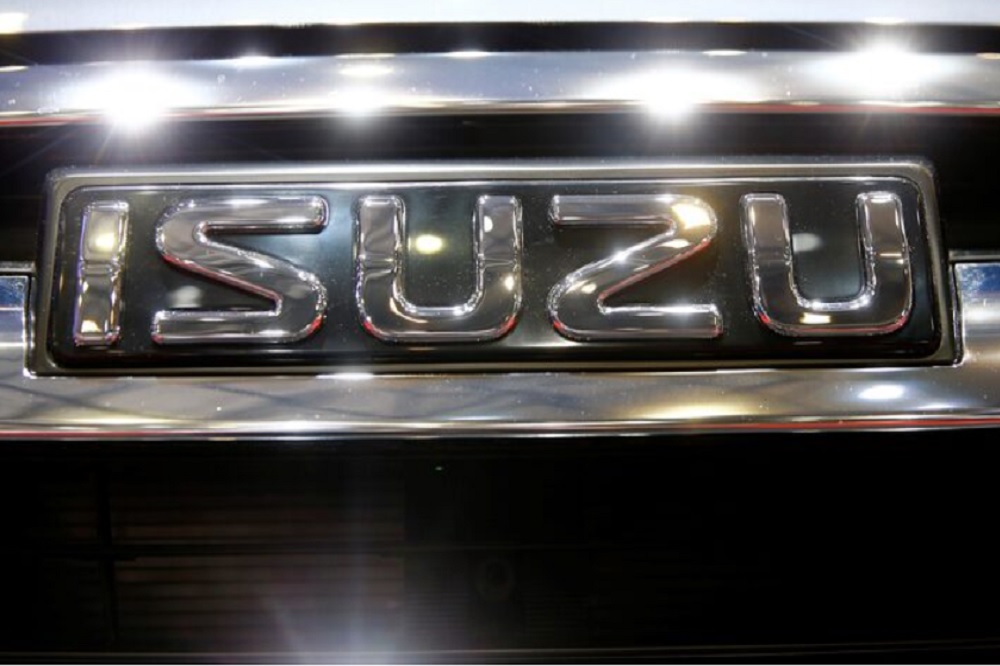-
Police in Washington Street in Langa in the Western Cape clamp down on an illicit alcohol operation where the liquor was confiscated on 10 September 2024.
The illicit alcohol industry is a R25-billion industry, operating in the shadows, and threatening public health while robbing the fiscus of much-needed revenue.
This is according to the latest report from EuroMonitor termed Understanding the Illicit Alcohol Market in South Africa.
The study shows the illicit alcohol market is costing the fiscus a staggering R16.5 billion annually in lost taxes, thriving on poor law enforcement, tough economic conditions and addiction.
The study highlights that illicit alcohol now accounts for 18% of the total alcohol volume consumed in South Africa.
This translates to roughly one in every five alcoholic beverages consumed being illicit.
Illicit alcohol refers to any alcohol not compliant with the laws of South Africa, including counterfeit products, stock that evades duties or that enters the market illegally.
It also includes potentially dangerous products that may be homemade or industrially produced concoctions.
Researcher at EuroMonitor, Benjamin Rideout says the problem extends beyond just financial loss but directly impacts public safety and consumer confidence.
Health implications
Dangerous ingredients that can have serious health implications were found in samples of illicit alcohol that were tested.
Dr Shamal Ramesar of the Drinks Federation of South Africa says chemicals found in tested samples can lead to death.
The study shows that 83% of consumers are unaware that purchasing counterfeit alcohol could lead to health concerns.
About 49% of respondents knew someone who had experienced serious health effects from illicit alcohol and 29% of them knew someone who had died from it.
Unfair playing field
Meanwhile, the illicit trade creates an unfair playing field for legitimate businesses.
South African Breweries CEO Richard Rivett-Carnac says there’s a price difference of more than 30% between legal and illicit alcohol on average.
He says this price disparity, coupled with consumers facing financial pressure, makes illicit alcohol an attractive option.
Unlike legitimate businesses, illicit operators do not pay taxes and do not comply with regulations.
The National Consumer Commission’s Hardin Ratshisusu has urged consumers to report suspicious products and encouraged retailers to empower themselves with knowledge to avoid inadvertently dealing in illicit goods.
Illicit alcohol affecting economy and health:











